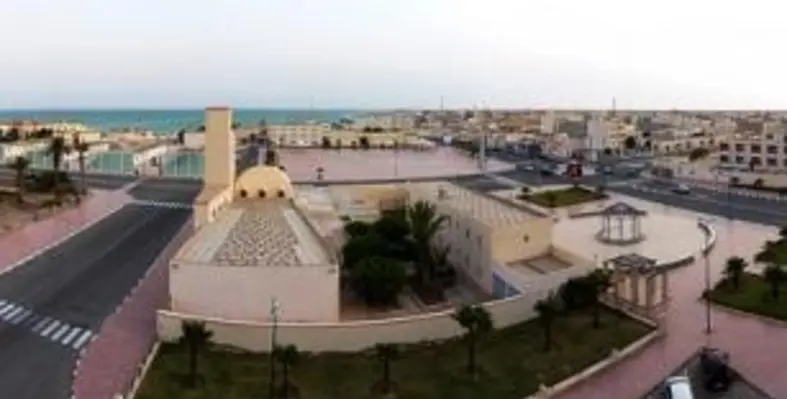The Parliament has backed a proposal to lower tariffs in the territory of Western Sahara to the same level as Moroccan tariffs, to benefit local populations, a move in which Western Sahara will enjoy preferential trade tariffs on its exports to the EU
The Parliament gave the green light by 444 votes to 167 and 68 abstentions, to extend the preferential tariff rates to the territory of Western Sahara after the European Commission and Morocco agreed on a traceability mechanism, which helps define the origin of products exported from the territory. This mechanism was requested by the Committee on International Trade prior to its recommendation for consent.
The aim is to ensure that the products coming from Western Sahara can be clearly tracked, to make sure the benefits of the lower tariffs go to the local population and that they are measurable, a key condition to MEPs’ backing.
Tariff preferences will have a positive effect
In the accompanying resolution, adopted by 442 votes to 172 with 65 abstentions, the MEPs emphasised, “The [local] Sahrawi people have the right to develop while awaiting a political solution” on the status of the area of Western Sahara. Preferential trade tariffs granted to Morocco were withdrawn from the territory following a 2016 decision of the EU Court of Justice.
MEPs also point out that the tariff preferences enjoyed by the territory between 2013 and 2016 had a positive impact on the agricultural and fisheries sector, investment in infrastructure, health and education. The non-application of the preferences, on the other hand, would have “adverse effects,” they said.
After the Parliament’s consent, the Council is expected to conclude the agreement, which will then enter into force.












